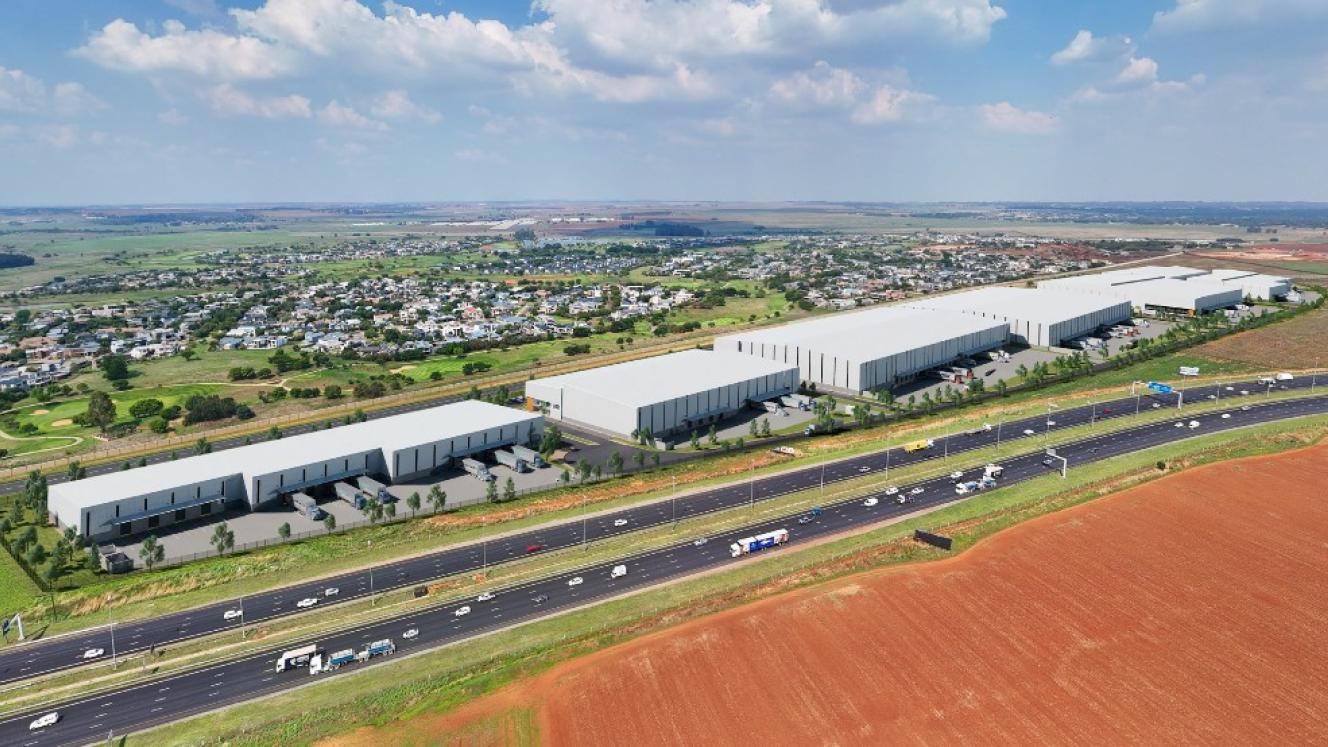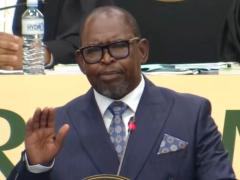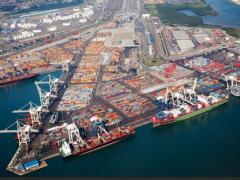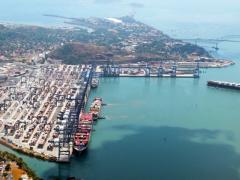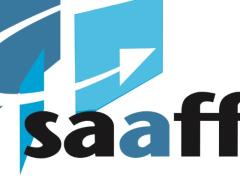South Africa’s logistics sector needed to be regulated as a separate activity from road traffic management, as road accidents now cost the economy an estimated R300 billion annually, Minister of Transport, Fikile Mbalula, told delegates at the Road Freight Association’s annual conference in Ballito at the weekend.
Mbalula said heavy vehicle accidents on the N3 were now equivalent to light motor vehicle crashes on the country’s roads, and his department was facing “many challenges”, including the road maintenance backlog.
“We are putting in place interventions that will ensure a seamlessly integrated approach across all spheres of government in dealing with this challenge.”
He said road freight transport had recorded 48% growth in the last decade and heavy goods vehicles now accounted for 34% of traffic on the N3.
“It is worth noting that heavy-goods vehicle crashes on that route are now on a par with light vehicles. We are concerned that the levels of enforcement are not keeping pace with the growth of traffic, thereby aggravating the cost to the economy, estimated to be in excess of R300 billion per annum,” Mbalula said.
The freight transport industry in South Africa uses approximately 360 000 heavy vehicles and a further 350 000 light commercials out of the total vehicle population of 10.2 million powered vehicles.
He said the road freight industry faced its own challenges, including slowed business activity, decreased revenues, the closure of businesses and rising costs due to deteriorating roads.
“We currently have no system for monitoring the performance of commercial road freight operations in South Africa. The regulation of commercial transport as a separate activity from road traffic management is necessary because transport activities take place in the public space, using state-owned infrastructure,” said Mbalula.
“Transport operators must therefore be held accountable for the externalities. These being noise, accidents, pollution and damage to infrastructure.”
He said according to the National Freight Logistics Strategy adopted by Cabinet in 2005, the institutional model for the freight transport industry was complex and had “significant distortions” due to State-owned enterprise monopolies.
Road freight accounts for approximately 1.5 billion tonnes of cargo movements, of which about 700 million tonnes is urban freight transport and 500 million tonnes is provincial and rural freight transport. On the main corridors, road volumes constitute 47% or 180 million tonnes, with railways accounting for approximately 204 million tonnes, or 53%.
However, he said this was largely unavoidable due to the large proportion of freight moved in areas not served by rail services, while most mineral resources were located more than 500km from the ports.
Mbalula said there was scope for transfer of cargo from road to rail on the national corridors.
“The potential for immediate transfer for road to rail is relatively limited by the realities of logistics demands and several negative factors, including the imbalance of South Africa’s import and export trade. There is, however, significant potential for further entrepreneurial business development in the rail sector.”
He said it was unfortunate that the railways had suffered from under investment.
“Road freight movement places a serious fiscal burden on government, particularly where heavy vehicle overloading is concerned. The heavy vehicle operators are not paying the corresponding cost of damaging the road network. Hence prices appear cheaper than is actually the case.”
He said the impact on the fiscus and communities, of truck accidents and environmental damage, such as emissions and cargo spillages had not been accounted for.
“In South Africa, contrary to international best practice, road is the only mode of transport that is not adequately regulated. There is no effective regulation of road transport operators as business entities. It is essential that road freight operators are held responsible for compliance with all standards defined for vehicles, drivers, loads, operations and elimination of externalities caused by their activities.”
Mbalula said there were “major problems” with enforcement. “All too often, it is the driver who receives the summons, and the operators are not implicated, due to the overall ineffectiveness of the operator registration system. If the situation is to be changed to achieve effective regulation of the road freight industry, it is necessary to introduce a more effective Road Transport Operator Registration.”
He said Cabinet had approved the Road Freight Strategy in 2017, which sought to address issues that negatively impacted efficiency of the sector.
“The Department, through the Road Traffic Management, is in the process of developing the National Operator Registration System, the purpose of which is to re-regulate the road-freight sector as the only deregulated freight transport mode to date,” said Mbalula.

